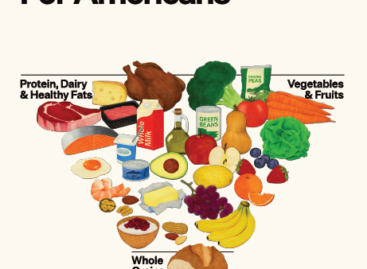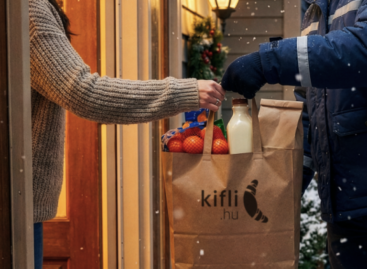Microplastics and nutrition: The hidden dangers
In recent years, the presence and effects of microplastics have increasingly come to the fore, especially in terms of nutrition and health. Annual global plastic production exceeds 460 million tons, a significant part of which ends up in the environment as waste. Microplastics, which are plastic particles with a diameter of less than 5 millimeters, can pose a significant health risk if they accumulate in the environment.
 Microplastics can enter the human body in different ways. In the food industry, prepackaged foods, bottled beverages, and other packaged products are all potential sources of these particles. The microplastics released from the packaging can end up in food and drinks, which poses a serious health risk.
Microplastics can enter the human body in different ways. In the food industry, prepackaged foods, bottled beverages, and other packaged products are all potential sources of these particles. The microplastics released from the packaging can end up in food and drinks, which poses a serious health risk.
Drinking water and bottled mineral water can contain a particularly high proportion of microplastics, which can come from water pollution and packaging materials. Food cleaned with tap water can also be contaminated with microplastics, so the use of water filters is recommended in the home environment.
Numerous studies have shown that various foods and beverages, such as tea, dairy products, honey, sugar, and vegetables and fruits may also contain microplastics. In addition to contamination from packaging, these particles can also enter food during processing and storage.
Fish and seafood can also be a significant source of microplastics. Microplastics accumulated in the aquatic ecosystem enter the human body in several stages, especially through the consumption of seafood.
Related news
KSH: industrial production fell by 5.4 percent in November compared to the same period of the previous year and by 2.0 percent compared to the previous month
🎧 Hallgasd a cikket: Lejátszás Szünet Folytatás Leállítás Nyelv: Auto…
Read more >Dietitians recommend more conscious protein consumption
🎧 Hallgasd a cikket: Lejátszás Szünet Folytatás Leállítás Nyelv: Auto…
Read more >Statement of the National Association of Hungarian Dietitians on the new American dietary recommendations
🎧 Hallgasd a cikket: Lejátszás Szünet Folytatás Leállítás Nyelv: Auto…
Read more >Related news
“Proven recipes and new waves” – trade marketing in the coming years (online, free conference)
🎧 Hallgasd a cikket: Lejátszás Szünet Folytatás Leállítás Nyelv: Auto…
Read more >Hungarians view smart homes as an investment – MediaMarkt research
🎧 Hallgasd a cikket: Lejátszás Szünet Folytatás Leállítás Nyelv: Auto…
Read more >We gained 4,500 years back in six years – this is how Kifli.hu changed shopping
🎧 Hallgasd a cikket: Lejátszás Szünet Folytatás Leállítás Nyelv: Auto…
Read more >







